It is the second and final Thursday of the UN Climate Talks of COP25 in Madrid and the negotiations are not yet at the point that is necessary to deliver ambitious results. One of the increasingly contentious topics is climate finance. It is addressed in a number of the negotiation streams in relation to Long-Term Finance, the Green Climate Fund, Reporting on climate finance, Loss and Damage finance and support for the implementation of the Gender Action Plan.
“Climate finance continues to be a difficult topic in these talks. Parties should remember that climate action will not be possible unless climate finance is made available and is accessible. We cannot accept another agreement where support to developing countries remains merely a wishful possibility,” says Mattias Söderberg, head of ACT Alliance’s delegation to COP25.
All parties are expected to develop ambitious national climate pledges (NDCs) and announce them in 2020; this needs to be formally mandated at this COP. These plans are important as they will outline how the world will handle the rapidly growing climate emergency. However, for poor and vulnerable countries, their plans can only be implemented if they receive adequate support.
Developing countries are eager to take climate action and to build their resilience while transitioning towards low carbon development. It is therefore important that climate finance is scaled up, made predictable, accessible and is delivered by developed country parties.
It should be acknowledged that there are already climate finance flows going to developing countries, however, there are numerous examples of climate finance being used for projects that are not necessarily related to climate change in developing countries.
“A lack of agreement about what climate finance is and what it can be used for challenges the trust amongst parties in these talks. What we have seen is that developed countries claim that they offer support, while developing countries question where the money is. Without trust, the talks on climate finance will not be solved,” says Mattias.
Developed countries must ensure that their support is transparent and adequate and that it facilitates timely climate action where it is needed most.
The majority of existing climate finance is delivered to mitigation and the rest to adaptation. However, currently, there is no support allocated for loss and damage, making this a hot topic at COP25. Developing countries are calling for loss and damage finance and support for those who are most affected by cyclones, droughts and floods and other climate impacts.
“Loss and damage finance is a necessity and it should not be channelled from finance for adaptation or mitigation. Finance for loss and damage needs to be additional, new and predictable to allow countries to plan and respond effectively to the climate crisis,” says Julius Mbatia of ACT member Christian Aid and ACT Kenya Forum.
“Innovative sources of finance are needed to close the existing loss and damage finance gap. It is of utmost importance that loss and damage is given the priority that it deserves here at COP25,” says Julius.
“It makes no sense to have a debate where parties accept that loss and damage should be addressed, yet no support is made available. This summit should deliver a clear commitment on adequate support for those most in need, parties must promise to not leave anyone behind,” concludes Mattias.
Mattias Söderberg +45 29 70 06 09, msd@dca.dk
Head of Delegation, ACT Alliance
Simon Chambers + 1-416-435-0972, simon.chambers@actalliance.org
Director of Communications, ACT Alliance
The ACT Alliance is a global network of churches and church-based agencies that does humanitarian response, sustainable development, and advocacy work. ACT is made up of 156 members working in over 125 countries.
###

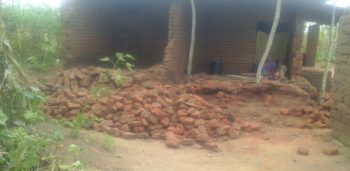
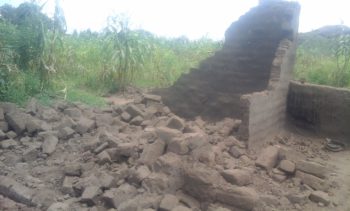

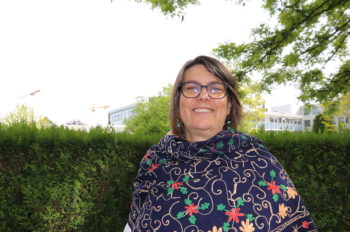 A blog of Elaine Neuenfeldt, Gender Programme Manager
A blog of Elaine Neuenfeldt, Gender Programme Manager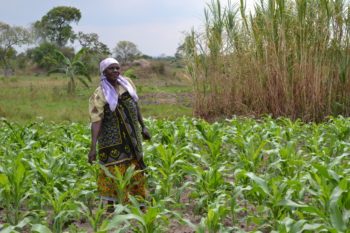
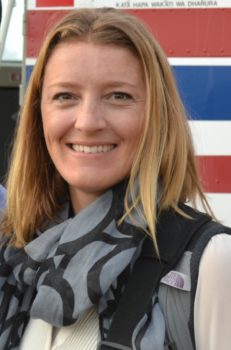 Blog is written by Naomi Johnson, Policy Advisor at Canadian Foodgrains Bank
Blog is written by Naomi Johnson, Policy Advisor at Canadian Foodgrains Bank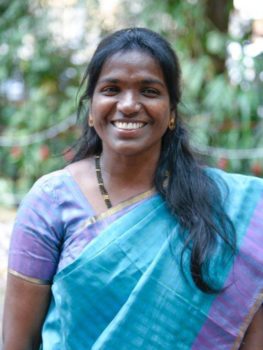 Blog written by Dr Joycia Thorat, Co-chair of Advisory Group on Advocacy, ACT Alliance and Project Officer & policy desk in charge,
Blog written by Dr Joycia Thorat, Co-chair of Advisory Group on Advocacy, ACT Alliance and Project Officer & policy desk in charge,